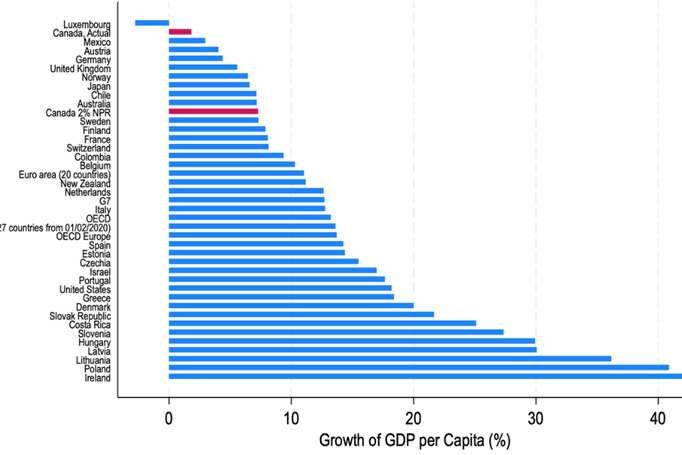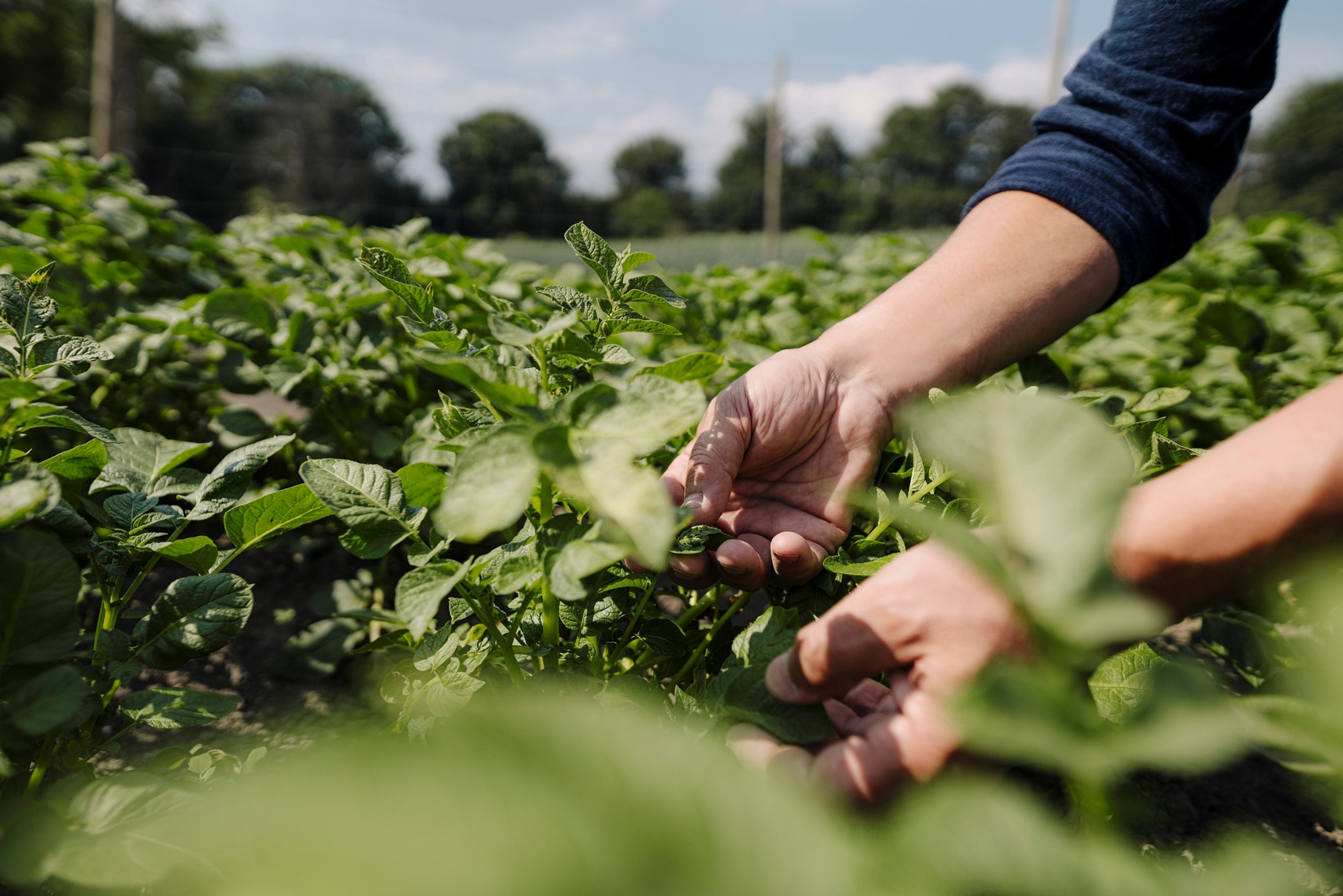Social Capital Partners has a long history of investing in people and projects that create more economic opportunity in Canada. Recently, our focus has been on establishing more avenues for working Canadians to build wealth through ownership.
We will continue this work by supporting efforts to make the new legislation around Employee Ownership Trusts effective so that it can be used to support business transition and build wealth for workers.
But we will also deepen this work. In SCP’s upcoming strategic phase, we will build on our experience advancing employee ownership by focusing on additional issues which impact the ability of working Canadians to build wealth and economic security. We will look for projects, policies and investments that will lead to more democratic control of the economy and confront the wealth concentration that is plaguing most democratic societies.
We will do this because the evidence is clear that extreme wealth inequality leads to a concentration of economic and political power, which has negative implications for social cohesion, economic resilience, community well-being, human happiness and democratic stability. We don’t think these issues are getting the attention they demand.
Wealth today is being created in very different ways than it was 20 years ago. Capitalism is changing dramatically, with wealth and value creation driven by American-based tech platforms, private equity buy-out funds, oligopolistic markets, geopolitical competition, wealth sheltering strategies, intellectual property, Artificial Intelligence, financialization, and state-led economic activity, amongst others (whew!).
And yet, in Canada, our public narratives about economic policy are trapped in the long, boring debates of the 1990s. Too many of those influencing decisions and leading discussions don’t seem to understand how our economy works anymore.
“The evidence is clear that extreme wealth inequality leads to a concentration of economic and political power, which has negative implications for social cohesion, economic resilience, community well-being, human happiness and democratic stability. We don’t think these issues are getting the attention they demand.”
Thankfully, there are many ideas around the world about how to confront this moment so that capitalism is more inclusive and works for more people, and many people in Canada with ideas about how to break down the barriers to wealth creation that many people experience. At SCP, we hope we can use our knowledge, experience, licence and insight to convene, provoke, and shape an intentional conversation about the way the economy works and who it serves.
And we will focus on practical solutions. We remain humble because, like all those who try new approaches, we have often failed on our path to innovate. But we are comfortable taking risks, trying things that others can’t and telling the truth as we see it. We might not know all the answers, but we work hard to make sure that we ask the right questions:
- How can we get more capital going to the people and places where it does the most good and produce systems-level change?
- How can we reshape public policy frameworks to change incentives and produce better outcomes for working Canadians?
- How can we scale the initiatives that we know are already working?
We genuinely believe that good choices in the coming years can create more opportunities for more people to build wealth, which will lead to a more inclusive capitalism and a more resilient democracy.
The issues we are confronting are enormous. We hope our friends, networks and communities can help us identify where we can have the most transformative, enduring impact in the coming years and join us on our journey.
Share with a friend
Related reading
Blame the denominator, not the economy
Over the last couple of years, there have been countless articles warning of Canada’s poor economic performance. The mic drop has increasingly been Canada’s poor performance relative to peer countries on “GDP per capita,” with growth rankings used to draw a variety of sweeping, negative conclusions about Canada’s economy. SCP CEO Matthew Mendelsohn and Policy Director Dan Skilleter draw on economist and SCP Fellow Dr. Gillian Petit's new research to explain why GDP per capita is a deeply flawed measurement for evaluating rich countries - and is easily influenced by a variety of factors having little to do with economic performance or economic well-being.
Non-Permanent Residents and their impact on GDP per capita | Summary
New research by economist and SCP Fellow Gillian Petit estimates what Canada’s GDP per capita would have been over the past decade if Canada had kept our temporary resident numbers stable. She also estimates the expected impact on GDP per capita in the coming years due strictly to planned reductions in Canada's intake of non-permanent residents. Among key findings: Canada’s GDP per capita is misleading and should not be used as if it were the sole indicator of economic well-being. Plus, if we had maintained our temporary resident numbers at two percent of the population in recent years, Canada’s GDP per capita would look much more like our peer countries: a little bit ahead of countries like Germany, the United Kingdom and Australia and a little bit lower than countries like Belgium, Sweden and France.
Non-Permanent Residents and their impact on GDP per capita | Report
New research by economist and SCP Fellow Gillian Petit estimates what Canada’s GDP per capita would have been over the past decade if Canada had kept our temporary resident numbers stable. She also estimates the expected impact on GDP per capita in the coming years due strictly to planned reductions in Canada's intake of non-permanent residents. Among key findings: Canada’s GDP per capita is misleading and should not be used as if it were the sole indicator of economic well-being. Plus, if we had maintained our temporary resident numbers at two percent of the population in recent years, Canada’s GDP per capita would look much more like our peer countries: a little bit ahead of countries like Germany, the United Kingdom and Australia and a little bit lower than countries like Belgium, Sweden and France.

